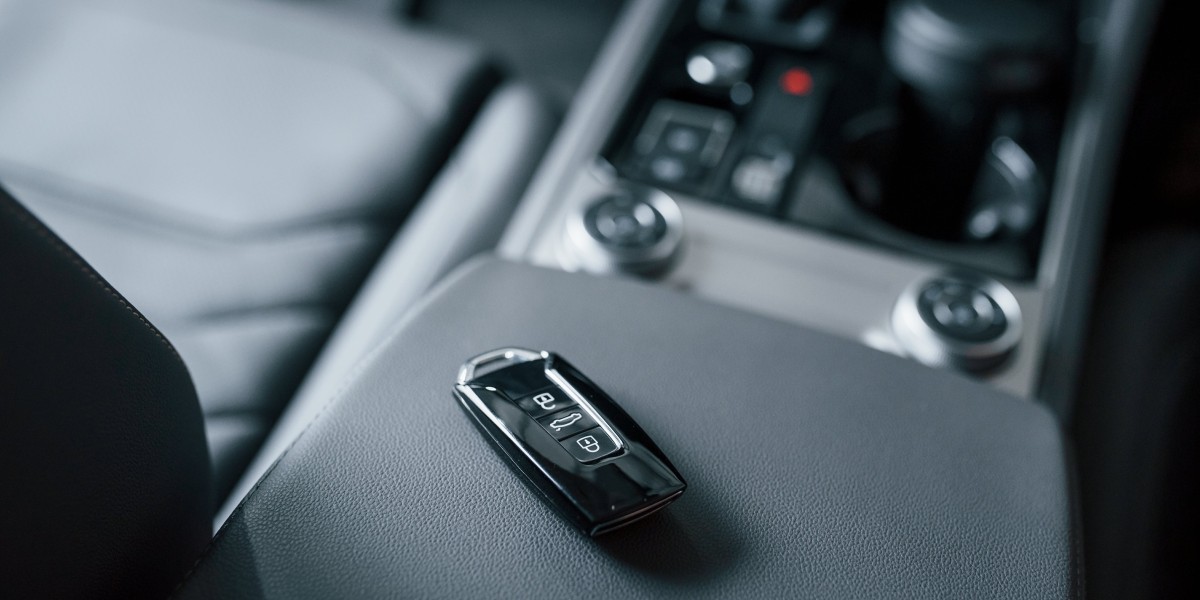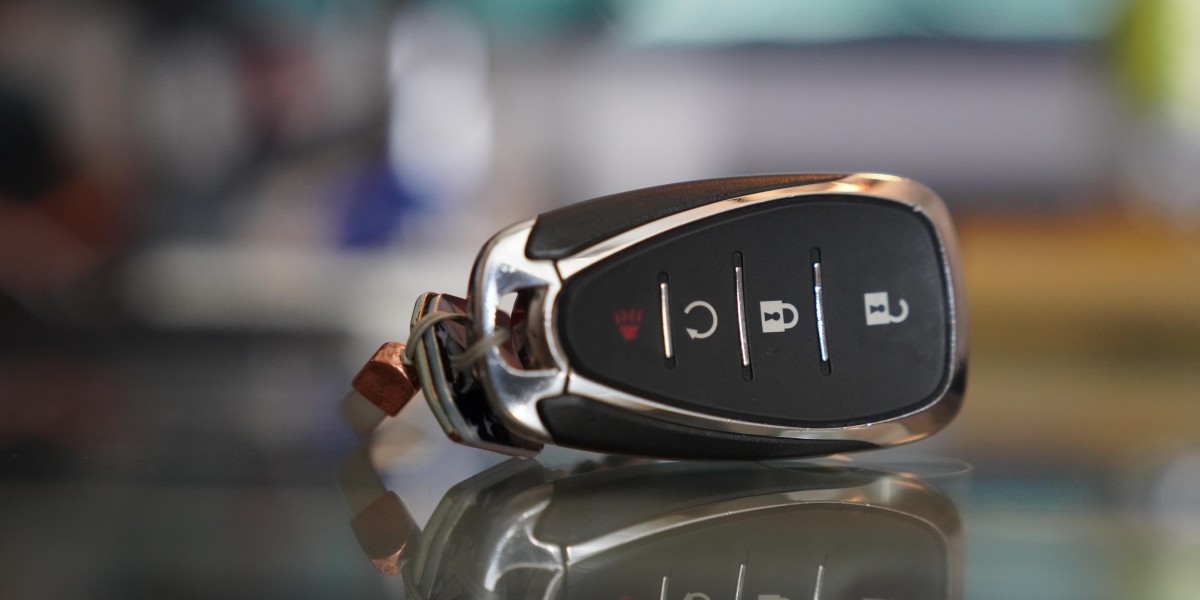Understanding Vehicle Key Replacement: A Comprehensive Guide
Vehicle key replacement is an important service that many vehicle owners encounter a minimum of as soon as in their lives. Whether it's due to a lost key, a malfunctioning fob, or the need for a spare, comprehending the key replacement procedure can conserve time, cash, and aggravation. This short article will check out the intricacies of vehicle key replacement, kinds of keys, expenses, and often asked questions to assist vehicle owners make notified choices.

Types of Vehicle Keys
Before diving into the replacement procedure, it is vital to understand the different types of vehicle keys available today. Each type has its own special features and replacement procedures.
1. Conventional Mechanical Keys
- Description: Simple, metal keys that operate by placing them into the ignition and turning.
- Replacement: Can be quickly duplicated at a hardware shop or locksmith professional.
2. Transponder Keys
- Description: Keys embedded with a microchip that interacts with the vehicle's ignition system for included security.
- Replacement: Requires setting to sync with the vehicle, often done through a dealership or specialized locksmith.
3. Key Fobs
- Description: Remote control gadgets that can lock/unlock doors, start engines, and deal other features.
- Replacement: Typically needs a visit to a dealer for coding; some locksmiths also supply this service.
4. Smart Keys
- Description: Advanced keys that allow keyless entry and engine begin through proximity sensing units.
- Replacement: Usually requires dealership intervention due to the complicated programming included.
5. Keyless Ignition Systems
- Description: Systems that use a push-button start mechanism instead of a standard key.
- Replacement: Replacement keys must be programmed to the specific vehicle model and often require dealer assistance.
| Key Type | Description | Replacement Method |
|---|---|---|
| Standard Key | Easy metal key | Hardware store/locksmith |
| Transponder Key | Key with ingrained microchip | Dealership/specialized locksmith professional |
| Key Fob | Remote control gadget | Dealership/locksmith |
| Smart Key | Keyless entry mechanism | Dealership just |
| Keyless Ignition | Push-button start system | Dealer only |
The Vehicle Key Replacement Process
Discovering yourself in need of a vehicle key replacement can be a trouble. Below is an in-depth procedure to follow to guarantee a smooth replacement experience.
Step 1: Identify Your Key Type
Determine which kind of key you have to understand your replacement alternatives better. This information is essential as it significantly affects the general procedure and cost.
Step 2: Gather Necessary Information
Collect the pertinent information, including:
- Vehicle make, model, and year
- Vehicle Identification Number (VIN)
- Proof of ownership or registration
- Motorist's license
Step 3: Choose a Replacement Method
Alternatives:
- Dealership: Usually supplies the most reliable service however can be more costly. Great for programs and advanced keys.
- Locksmith professional: Often a more affordable choice, especially for conventional keys and transponders. Ensure that the locksmith professional is experienced in automotive services.
- DIY Solutions: For basic mechanical keys, replicating can be done in your home or at regional hardware shops that use key duplication services.
Step 4: Get a Quote
Contact the chosen service provider (dealer or locksmith professional) to get a quote. This typically involves providing details about your vehicle and the type of key needed.
Step 5: Schedule an Appointment
When you have actually picked your provider and received a quote, set up a visit for the replacement service. Make certain to ask about the time required for programs if appropriate.
Step 6: Complete the Transaction
At the appointment, bring all necessary details and documents. After the replacement is completed, evaluate the brand-new key to ensure it operates correctly.
Step 7: Consider Spare Keys
After changing or acquiring a new key, it's wise to consider getting spare keys made to prevent future mishaps.
Expense of Vehicle Key Replacement
The following table describes the average costs associated with different kinds of vehicle key replacements.
| Key Type | Typical Replacement Cost | Time Required |
|---|---|---|
| Standard Key | ₤ 1 - ₤ 10 | 10 - 30 minutes |
| Transponder Key | ₤ 75 - ₤ 300 | 30 - 60 minutes |
| Key Fob | ₤ 50 - ₤ 600 | 1 - 2 hours |
| Smart Key | ₤ 200 - ₤ 500 | 1 - 2 hours |
| Keyless Ignition | ₤ 300 - ₤ 750 | 1 - 3 hours |
Notes:
- Costs may vary based on the vehicle make, model, and geographical area.
- Additional expenses might be incurred for on-site services or emergency calls.
Regularly Asked Questions (FAQs)
1. The length of time does it require to replace a vehicle key?
The time required for replacement varies depending on the type of key and picked provider. It can take anywhere from a couple of minutes for conventional keys to a number of hours for complex wise keys.
2. Can I replace my key myself?
For standard keys, yes, they can easily be copied at hardware shops. Nevertheless, transponder and wise keys often require customized programming, demanding professional support.
3. Is it more costly to replace a lost key compared to a broken key?
Normally, yes. Replacing a lost key typically involves configuring a new key from scratch, while a broken key might only need a duplicate or small repair work.
4. What should I do if my key fob stops working?
Inspect the battery initially; if that does not fix the issue, think about consulting a locksmith or car dealership, as the fob might require reprogramming.
5. How can I avoid losing my type in the future?
Consider using key trackers, setting designated areas for key storage, and always returning keys to the very same area after usage.
Vehicle key replacement might seem overwhelming, but understanding the process, types of keys included, and possible expenses makes it more manageable. By understanding your choices and preparing effectively, vehicle owners can ensure a smooth Replacement smart Key process the next time they deal with the challenge. While it might be an inconvenience, appropriate foresight and preparation can help minimize the disruption that comes with losing or requiring a new vehicle key.







